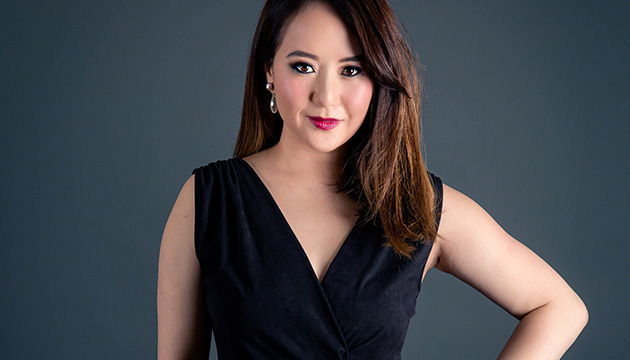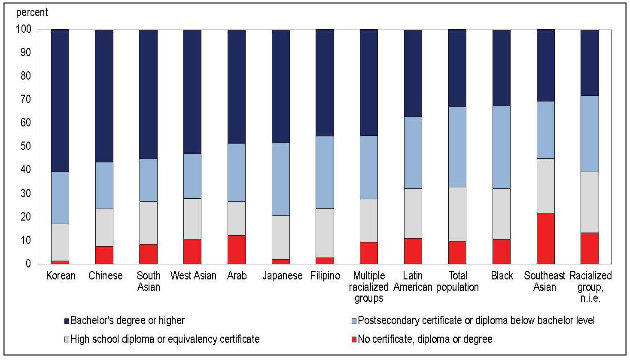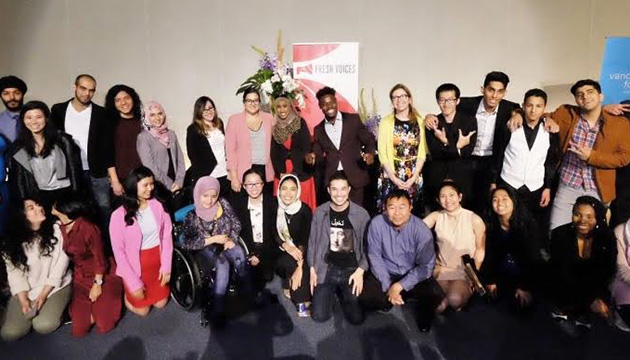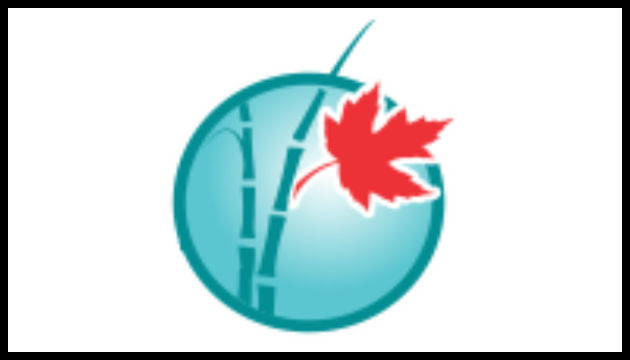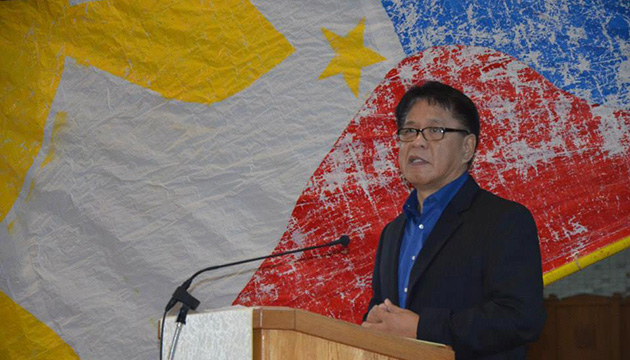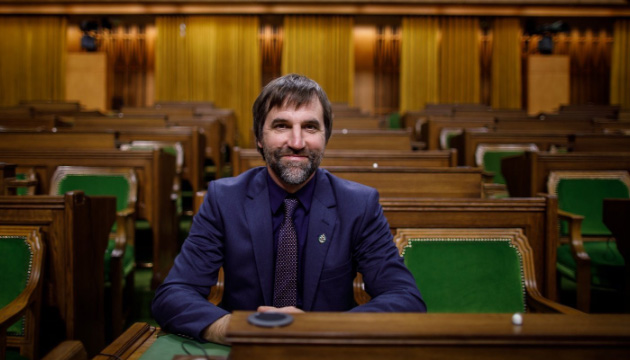She’s following in the footsteps of Tarana Burke, the New York activist who coined the phrase ‘me too’ in 2006 to empower women who have experienced sexual harassment and assault.
Hers is a story that became public in the wake of a powerful movement that was fired up after Hollywood actress Alyssa Milano in 2017 reignited the phrase by calling on women to speak up using the social media hashtag #MeToo.
Rachelle Cruz, a Toronto-based multi-media personality, is leading a crusade in the Canadian Filipino community to encourage women to break their silence about their own experiences.
Called Filipinas Speak Out, the campaign is being supported by women’s groups like GABRIELA Ontario.
According to the organization, there are “significant experiences of gender-based violence” in the community, but go unreported “mainly because of community stigma”.
“In the Filipino community, much has to be done in terms of addressing gender-based violence and patriarchy,” GABRIELA Ontario noted. “Long-held feudal-patriarchal values–where women and children are considered properties of men, have lower status, have no right in decision-making and generally inferior–shame victims or survivors for coming forward, speaking out, and reporting their feelings and emotions.”
In an announcement over social media, Cruz said that she will be in Vancouver on February 26 to emcee a women’s event for entrepreneurs.
According to Cruz, the event will also be an opportunity to talk about the Filipinas Speak Out campaign, which has the hashtag #FilipinasSpeakOut.
Called "God-Driven Women", the February 26 dinner event will be held at the Fraserview Banquet Hall (8240 Fraser Street).
Cruz is a TV correspondent for Balitang America of the North American bureau of ABS-CBN News in the Philippines.
Cruz studied TV and radio broadcasting at Ryerson University. She also writes for a number of publications.
Last year, Cruz made public her experience of alleged assault by a well-known member of the Canadian Filipino in Toronto.
Based on Statistics Canada figures cited by the Canadian Women’s Foundation, women self-reported 553,000 sexual assaults in 2014.
“Like other forms of violence against women, sexual assault is rooted in gender inequality,” the foundation notes. “It’s driven by the idea that the needs, feelings, or beliefs of one person/group are more correct or important than those of another person/group. Those who commit sexual assault perceive the victim as unequal. This inequality creates a rationale for control, humiliation, intimidation and abuse.”


